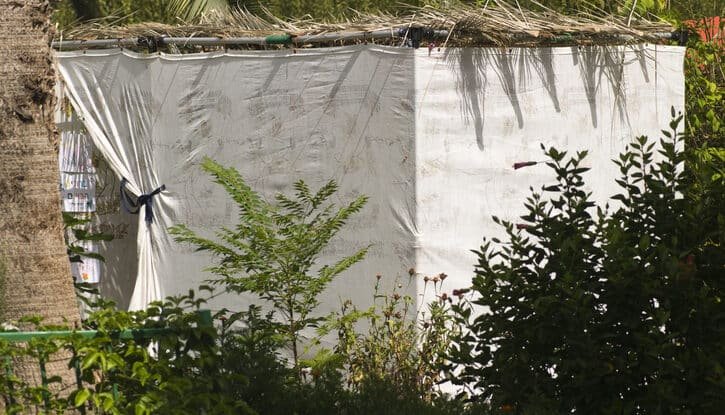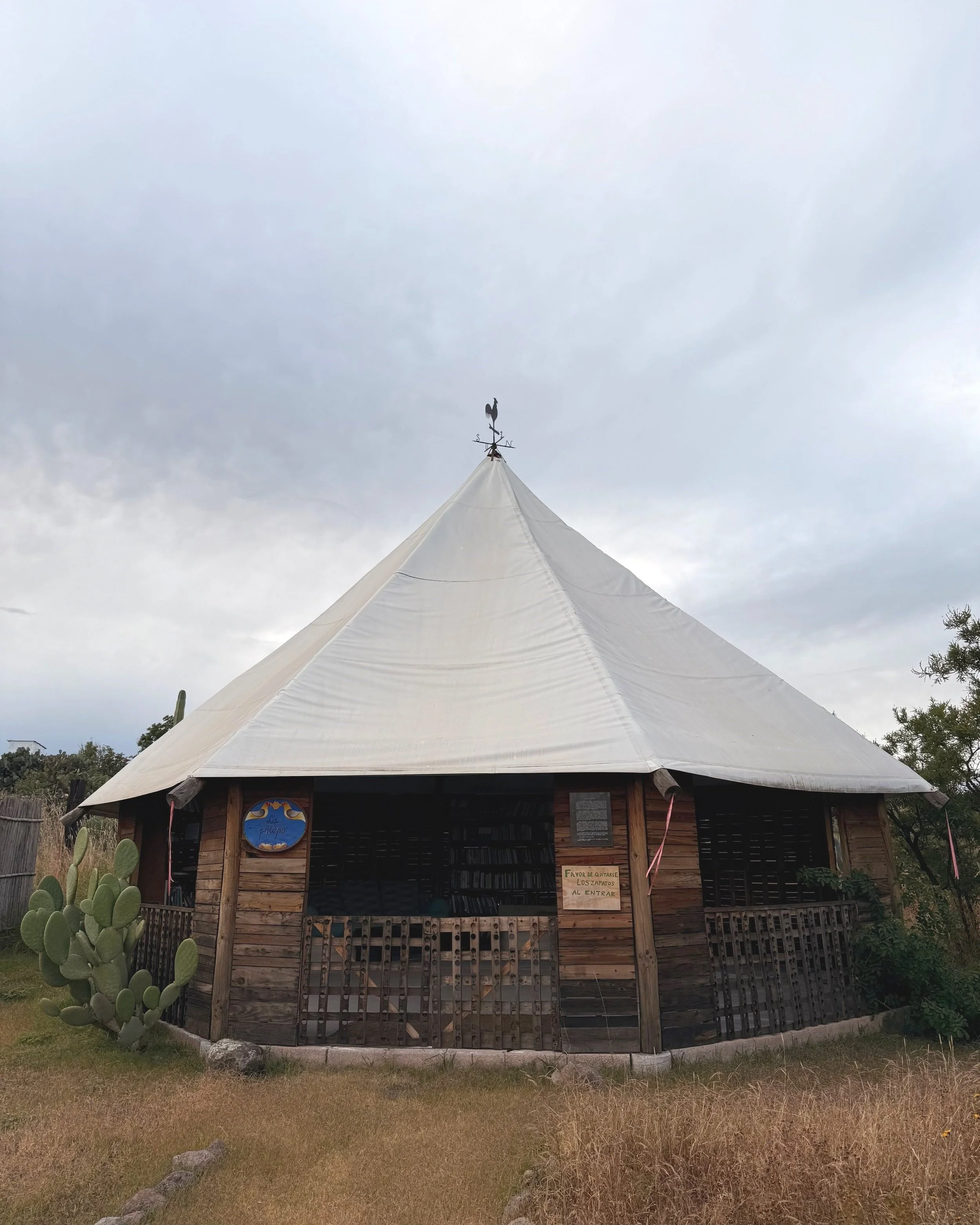Biblical Feast: Sukkot (Feast of the Tabernacles)
"And the Word became flesh and dwelt among us, and we have seen his glory, glory as of the only Son from the Father, full of grace and truth."— John 1:14 NIV
Biblical Feasts
Leviticus 23 briefly covers all of the feasts of the Lord, each of them a sacred gathering because God called Israel to come together, and They would be in their midst. There are three annual feasts that the Lord commanded all of Israel to celebrate in Jerusalem—Passover, Shavuot (Pentecost), and Sukkot (Feast of Tabernacles).
Feast of the Tabernacles
Sukkot, or the Feast of Tabernacles, is not just a celebration of a historical event for Jewish tradition; it also offers deep spiritual significance for believers in Jesus, inviting us to reflect on the timeless lessons of God's presence, provision, and faithfulness.
In this weeklong festival, the Jewish community commemorates God's miraculous guidance and protection of the Israelites during their 40-year wilderness journey—a journey marked by reliance on God for shelter, sustenance, and survival. As they build and dwell in sukkahs, temporary shelters that mirror the fragility of life in the wilderness, they remember that it was God who shielded them from enemies, fed them with manna, and led them safely each step of the way.
God With Us
For Christians, this observance has a profound parallel. In the wilderness, God dwelled among Thier people in the Tabernacle, a sacred, portable structure carried before them wherever they went (according to God's instructions). This Tabernacle was a visible reminder that God was journeying with them and that Their presence wasn't confined to a single place.
Centuries later, this concept of "dwelling" took on a new form in Jesus, who came to dwell among us in human form. The Gospel of John speaks of this: "And the Word became flesh and dwelt among us" (John 1:14).
In Jesus, God didn't just visit; YHWH pitched Tehir "tent" among humanity, offering the fullness of Their presence in a personal, tangible way.
Sukkot, therefore, holds rich meaning for believers in Jesus, highlighting the continuity of God's desire to be with Their people. Just as the Israelites trusted God for daily provision in the desert, we are invited to trust Jesus for our needs, knowing Their presence resides within us, empowering and comforting us. The sukkahs remind us that, though our earthly lives may feel temporary and uncertain, we have a secure home in God—a permanent Promised Land in the hope of eternal life.
Gratitude for God’s Provision
In observing the lessons of Sukkot, as Christians, we are reminded to practice gratitude for God's ongoing provision. Each of us can create our own "sukkah moments" through prayer, reflection, and community gatherings (or eating meals in a tent like Jennifer did), remembering the ways God has sheltered, guided, and sustained us. Just as the Israelites found hope in God's presence amidst their wilderness, we, too, can trust in YHWH’s indwelling Spirit.
Sukkot teaches us to celebrate Their provision, just as we anticipate the day when our earthly journey will end and we'll dwell with Them forever.
How might embracing the wilderness seasons of our lives help us deepen our trust in God's constant presence and provision?


